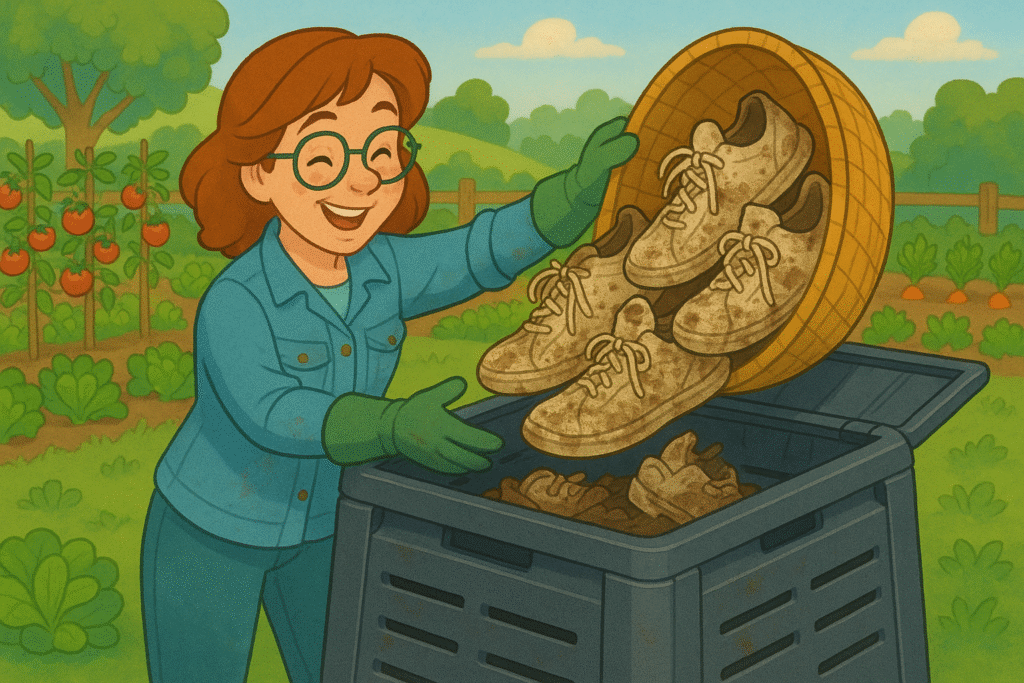
Circular footwear is a lesson in new business models.
Solk’s Fade 101 sneaker — six years in development — proved it’s possible to make stylish, everyday shoes designed to compost.
Chrome-free leather, plant-based linings, natural rubber soles.
All tested to biodegrade safely and in a reasonable time-frame.
Back-end done: Solk even built its own composting infrastructure.
But this isn’t exclusive to shoes.
Circular models point to smarter design from first use to end of life — and more thoughtful profit paths.
Tilt your brain toward brands offering:
- Modular products you repair instead of replace (like Methods shoe with swappable soles).
- Take-back systems that monetize returns instead of waste.
- Subscription loops where products are part of a long-term exchange, not a one-off sale.
For small makers especially, circularity doesn’t demand perfection.
It DOES take intention.
Each phase, from sourcing materials to post-use, becomes a brand touchpoint.
Not only a cost.
Want to make your product irresistible? That’s our jam as product positioning consultants at Graphos Product, helping innovators turn lifecycle design into product advantage — before launch.
